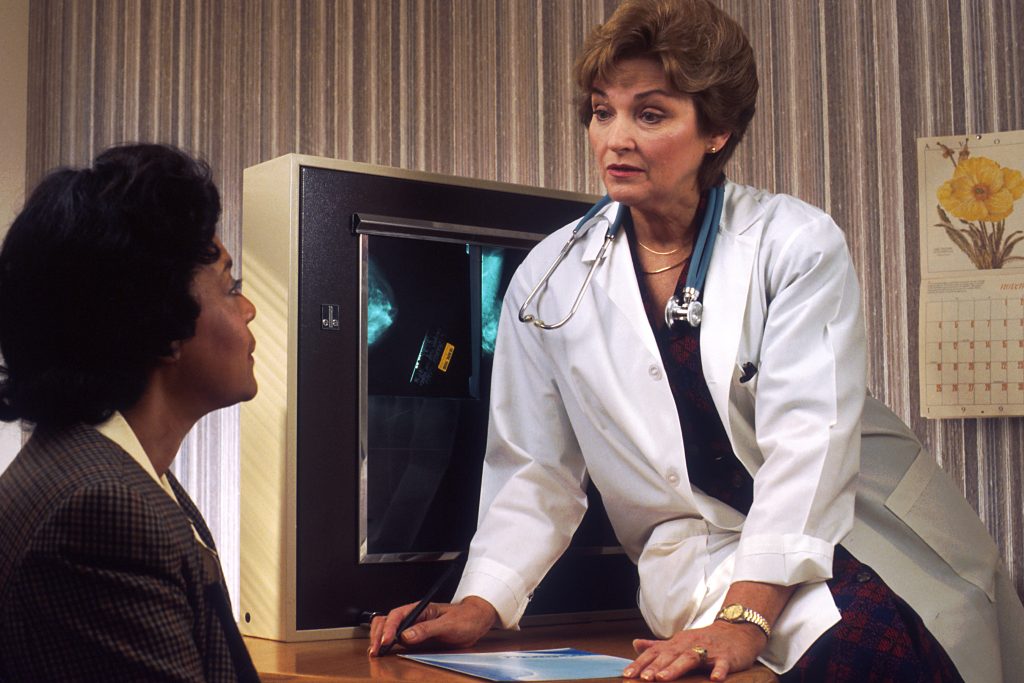 If you are injured as a longshoreman, you may be eligible for compensation under the Longshore and Harbor Workers’ Compensation Act (“LHWCA”). It is essential to understand what this statute covers, including when you can switch to a new doctor.
If you are injured as a longshoreman, you may be eligible for compensation under the Longshore and Harbor Workers’ Compensation Act (“LHWCA”). It is essential to understand what this statute covers, including when you can switch to a new doctor.
Alexander Scott was a longshore foreman at Ports America. He suffered injuries to his lower back and hip after a forklift at work hit him from behind. Scott agreed to be treated by Dr. Steiner, a doctor for Ports America. After Scott had been under Steiner’s care for about five months, Steiner told him that he had improved as much as medically possible and did not need further care, and could return to work with no restrictions. Scott claimed he was still in pain. Steiner told Scott to try to work and come back for a checkup the next month. Scott did not go back to work and, rather, went to other doctors who told him not to return to work.
When Scott returned to Stiner, Stiner told him again he should return to work. Scott met with another doctor who recommended additional physical therapy and medication and advised he should not return to work. Ports America refused to pay for this additional recommended treatment and stopped paying compensation payments.
At an informal conference, the district director found that it was permissible that Scott had reached out to another doctor after Stiner essentially discharged him by saying he did not need any further treatment. The director also ordered an independent medical examination, given the disagreement between the doctors. The order required Ports America to pay for the examination and additional treatment. When Ports America appealed to the Board, the Board held that Ports America need only pay for the services the new doctor provided after the order from the district director.
Under the LHWCA, a party can have a federal court of appeal review a final order from the Board that causes it harm. See 33 U.S.C. § 921(c). Ports America argued that the district director did not apply the correct standard in deciding whether Scott was permitted to change doctors. Ports America also argued that the independent medical examination was not medically justified, as required by the statute. On appeal, the court only considered whether the Board erred by requiring Ports America to pay for Scott’s treatment. The court independently reviewed the record and used the same standards as the Board applied.
On appeal, the court explained that employers must provide an injured worker medical treatment until he recovers. See 33 U.S.C. § 907(a). The worker can choose a physician from an authorized list, and getting a new doctor requires approval from the district director or employer. The appellate court found that when a doctor tells an employee he is recovered and does not need any additional treatment, the employee has essentially been refused treatment. Therefore, the order of the district director permitting Scott to get a new doctor and requiring Ports America to pay for the treatment was permissible. The court also found that there was a medical question about the appropriate treatment for Scott that justified the independent medical examination.
If you have been injured on the job, it is crucial you consult with a good attorney who can advise you of your rights and help you obtain all the compensation to which you are entitled.
Additional Sources: Ports America Louisiana, Inc. v. Director, Office of Workers’ Compensation Programs, United States Dept. of Labor; Alexander Scott
Written By Berniard Law Firm Writer
Additional Berniard Law Firm Article on the Longshore and Harbor Workers’ Compensation Act: Can I Recover under the Jones Act if Rough Seas Cause a Back Injury
 Louisiana Personal Injury Lawyer Blog
Louisiana Personal Injury Lawyer Blog

